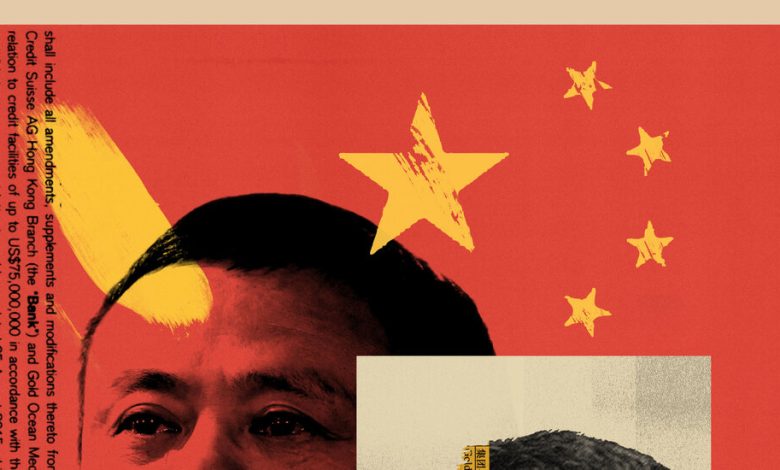The Billionaire Criminal Who Secretly Profited Off Jack Ma’s Deals

Four years ago, Jack Ma was the embodiment of China’s spectacular economic rise. Already the country’s wealthiest and most famous businessman, he was poised to become one of the richest in the world.
The expected initial public offering of Mr. Ma’s fintech company, Ant Group, was projected to surpass the record-shattering launch of his e-commerce giant, Alibaba. Soon, it was thought, he would be lionized like Bill Gates and Steve Jobs — a paragon of Western-style business in China.
At the same time, another wealthy Chinese businessman was awaiting a very different fate. Xiao Jianhua was languishing in detention on bribery and corruption charges — a larger-than-life target of a government crackdown on graft. Mr. Xiao had amassed a fortune manipulating markets and cultivating close ties to relatives of top Chinese officials, and he was about to be made an example.
And yet behind the scenes, these bookends of China’s catch-as-catch-can capitalism — its most celebrated and its most notorious billionaires — were linked through investments worth at least $1 billion, an investigation by The New York Times and The Wire China found.
A review of more than 2,000 confidential documents shows that Mr. Xiao’s now dismantled company Tomorrow Group secretly secured lucrative shares in an array of Mr. Ma’s companies over a period of five years. These business associations were never disclosed, and a former senior executive at Tomorrow Group said, “As far as we know, Jack Ma was unaware” of them.
The deals offer a close-up view of China’s signature brand of capitalism, where well-connected entrepreneurs and those who raise money for them are better off, at least in some cases, not interacting with one another. In almost any other robust economy, the proprietor of a major business would want to develop a relationship with an investor who raised $1 billion, and the investor would want to influence how the money was used.
